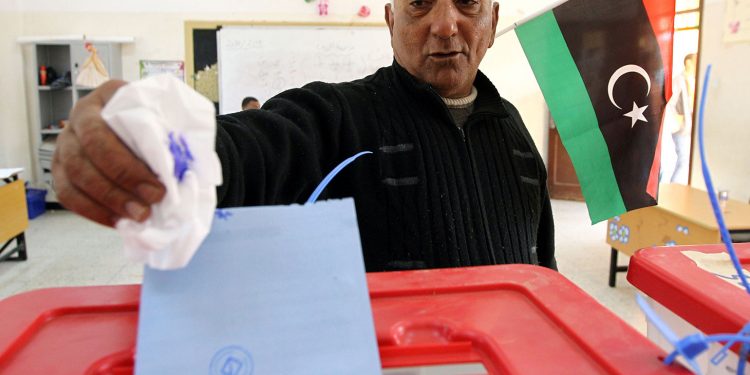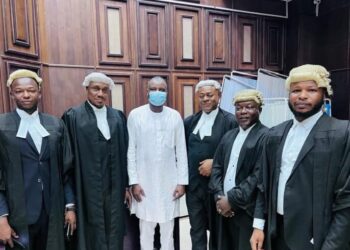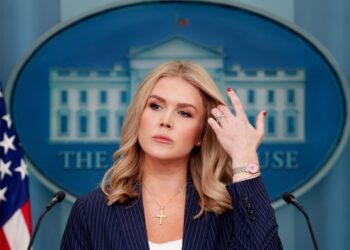Libya’s parliament has approved a unity government to lead the war-torn North African nation to December elections.
This event is hailed as a historic step towards ending a decade of chaos.
Oil-rich Libya plunged into conflict after Dictator Muammar Gaddafi was toppled and killed in a NATO-backed uprising in 2011. Multiple forces have since vied for power.
“This will be the government of all Libyans,” interim prime minister Abdul Hamid Dbeibah said, in a brief but emotional speech after the vote. “Libya is one and united,” he added.
After two days of intense debate under heavy security in the central city of Sirte, parliament approved Dbeibah’s cabinet, with 121 of the 132 lawmakers present voting in support, the parliament spokesman said.
“The time has come to turn the page on wars and divisions,” Dbeibah said and thanked lawmakers for putting the nation’s interest above all else.
The United Nations mission praised leaders for the “patriotic efforts that led to this landmark moment in the history of Libya”.
But the challenges ahead are daunting.
The interim government must now tackle the many grievances of Libyans, from a dire economic crisis and soaring unemployment to crippling inflation and wretched public services.
“Libya has now a genuine opportunity to move forward towards unity, stability, prosperity, reconciliation and to restore fully its sovereignty,” the UN said.




































